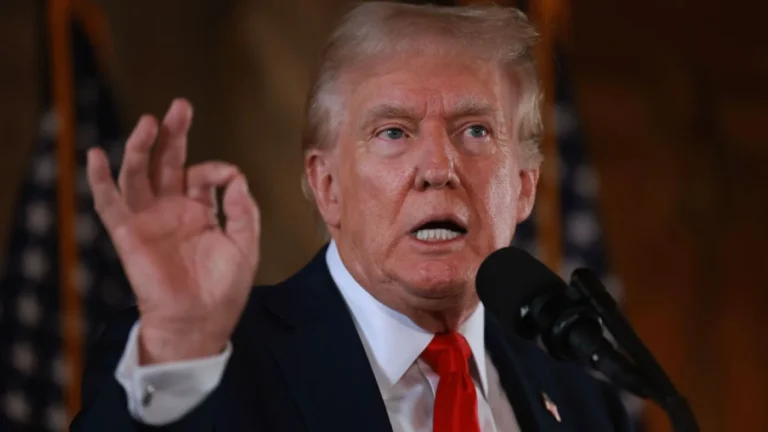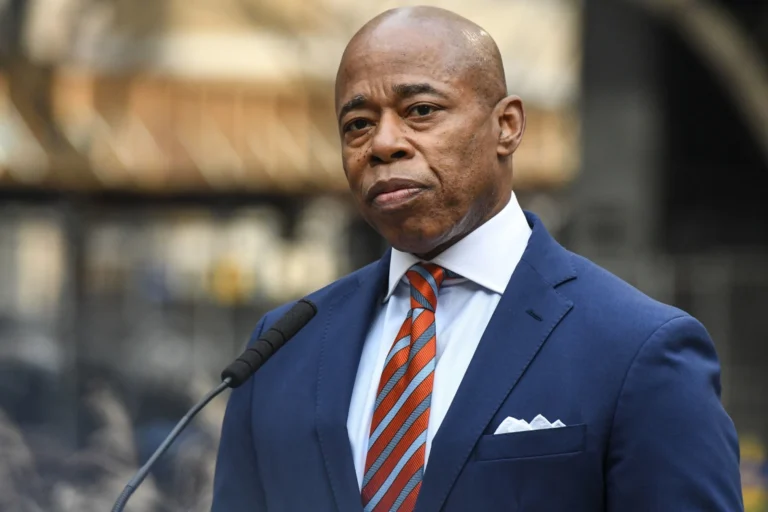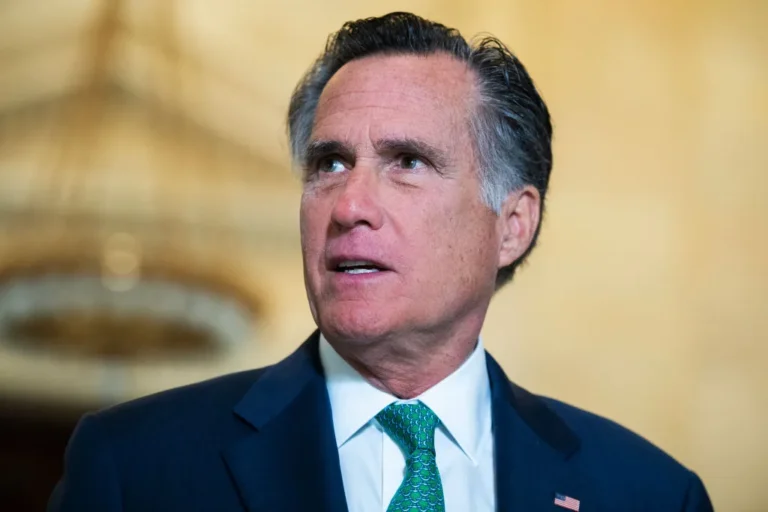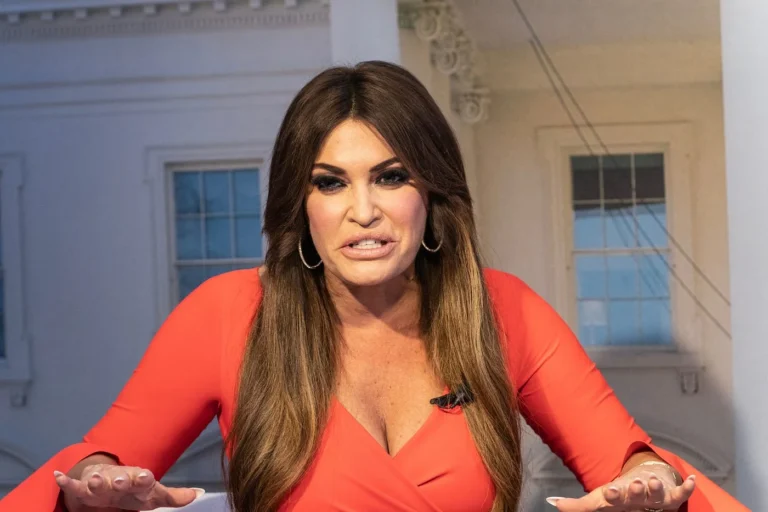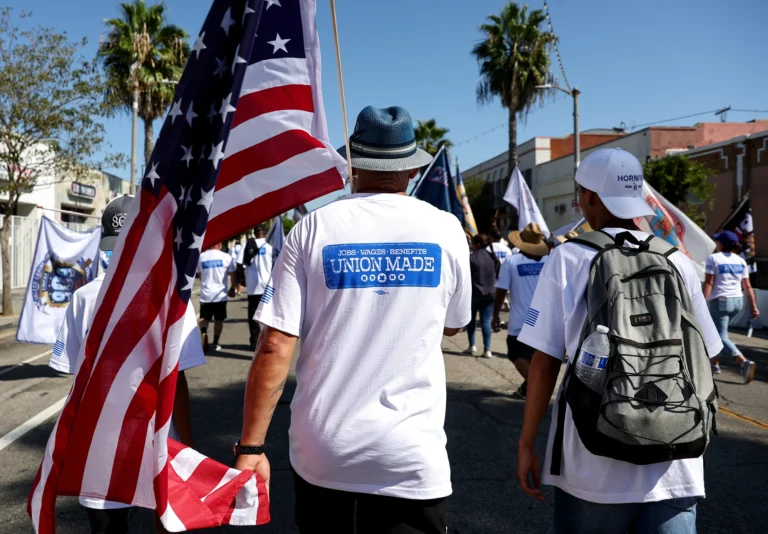NBC Politics Desk Update: Gen Z’s Influence, Record Campaign Spending, and Harris’ Strategic Finale
As the election nears, NBC News is diving into key trends shaping the race, including Gen Z’s role, unprecedented campaign spending, and Kamala Harris’ final campaign approach.
Gen Z’s Growing Influence and Gender Divide
A recent NBC News-SurveyMonkey poll highlights Gen Z voters’ distinct impact on the election. Gen Z, generally voters under 30, shows a clear generational divide: about half support Kamala Harris, while a third back Donald Trump. Among committed voters, Harris leads Trump by 20 points (56%-36%), though she trails Biden’s 2020 24-point margin among young voters.
A gender gap is striking within Gen Z, with young women supporting Harris by a 33-point margin, while young men are nearly split, giving Harris just a 2-point edge. This gender divide reflects divergent priorities: 46% of young men believe Trump has the right temperament, compared to 30% of young women; 65% of young women view Harris as having the right demeanor, with 55% of young men agreeing.
Top issues also differ: inflation and cost of living are primary concerns for both (35% of men, 29% of women), but perspectives vary on others. Thirteen percent of young women list abortion as a critical issue, compared to only 4% of young men, while 13% of young men cite threats to democracy, versus 9% of women. Additionally, 48% of young women say they’d only vote for a candidate who aligns with their abortion views, as opposed to 36% of young men, underscoring gender’s role in shaping Gen Z’s political attitudes.
Record-Breaking Outside Spending Reaches $1.1 Billion
Campaigns are seeing a surge of outside funding, with spending hitting a record $1.1 billion this cycle, surpassing 2020’s peak. Super PACs and independent groups, unaffiliated with official campaigns, have channeled billions into the race. This milestone underscores the financial intensity of modern elections and reflects the high stakes as Election Day approaches.
Kamala Harris is at the center of much of this funding, with over two-thirds of spending directed at shaping public opinion on her candidacy. This unprecedented investment highlights the importance of the election, as independent groups attempt to sway voters in the critical final weeks.
Kamala Harris’ Final Campaign Address: A Symbolic Choice
Vice President Kamala Harris is gearing up for her final campaign speech at the Ellipse, a historic park just south of the White House. Choosing this location carries symbolic weight, as it was the site of former President Trump’s January 6, 2021, rally preceding the Capitol riot.
By addressing the public from the Ellipse, Harris makes a deliberate statement about the election’s stakes, implicitly contrasting her candidacy with Trump’s legacy. Her choice underscores the Democratic message that Trump poses a unique threat to American democracy — an argument central to their strategy, yet challenging to balance with voter concerns over inflation, abortion, and immigration.
Harris’ speech is likely to emphasize her commitment to democratic principles, attempting to energize the Democratic base while resonating with undecided voters wary of Trump’s influence post-insurrection. Should Harris win, this speech may be remembered as her defining moment as a defender of democracy; should she lose, critics may argue she missed an opportunity to address voters’ day-to-day concerns more directly.
Enlisting Democratic Heavyweights for the Final Push
As the campaign reaches its final stages, Harris is rallying support from top Democrats. She’s set to campaign with former President Barack Obama in Georgia and with Michelle Obama in Michigan — marking the Obamas’ first appearance with Harris this election cycle. Their involvement signals a targeted effort to bolster support in pivotal swing states.
Notably absent from Harris’ campaign is Hillary Clinton, reflecting Harris’ nuanced approach as the potential first female president. This contrasts with Clinton’s 2016 strategy, which openly embraced her trailblazing role. Meanwhile, Trump focuses his messaging on immigration, inflation, and foreign policy, often targeting Harris with personal attacks, indicating he views her as a formidable opponent.
As both campaigns intensify efforts to win over undecided voters, the countdown to Election Day promises a dramatic finish.

